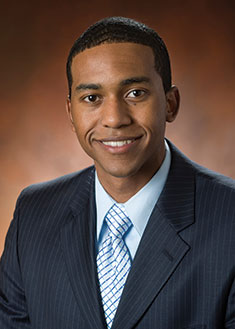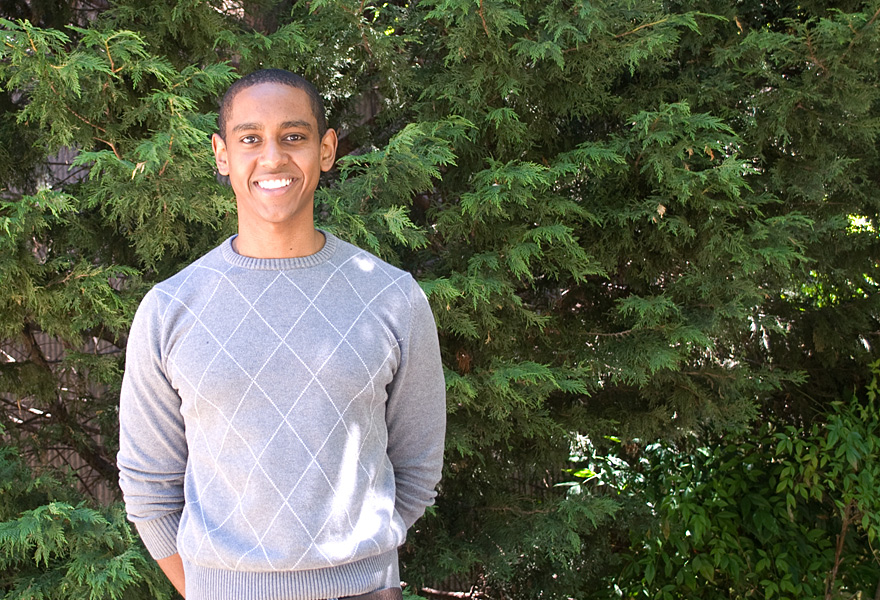When Science News asked 30 Nobel Prize winners to name early-career scientists who have caught their attention, two UMBC alumni stood out from the crowd. Brothers Benyam Kinde ’10, and Isaac Kinde ’05, both biological sciences, made the top ten list of “Bright Young Minds”—inspiring scholars who are “up-and-coming stars” completing high-caliber research.
Science News highlights Benyam’s work on how genetic changes affect brain cell activity in Rett syndrome, a disorder marked by developmental delays and seizures, and Issac’s work to create technology to detect cancer very early, giving patients a better chance at survival.
 “We still don’t know very much about how individual cells in the brain coordinate the activity of higher-level function that defines us as humans,” says Benyam. It’s this mystery that drives his passion for neurobiology. Benyam got his first neuroscience research experience as a Meyerhoff Scholar at UMBC, prior to becoming an MD and PhD student at Harvard Medical School and MIT.
“We still don’t know very much about how individual cells in the brain coordinate the activity of higher-level function that defines us as humans,” says Benyam. It’s this mystery that drives his passion for neurobiology. Benyam got his first neuroscience research experience as a Meyerhoff Scholar at UMBC, prior to becoming an MD and PhD student at Harvard Medical School and MIT.
 Isaac Kinde also discovered his passion for research as a Meyerhoff Scholar at UMBC, before going on to receive his MD and PhD at Johns Hopkins. Today he is chief scientific officer at PapGene, a biotech startup in Baltimore that is producing innovative technology to detect cancer at very early stages, before tumors can be detected through imaging or symptoms.
Isaac Kinde also discovered his passion for research as a Meyerhoff Scholar at UMBC, before going on to receive his MD and PhD at Johns Hopkins. Today he is chief scientific officer at PapGene, a biotech startup in Baltimore that is producing innovative technology to detect cancer at very early stages, before tumors can be detected through imaging or symptoms.
As a graduate student Isaac studied with cancer researcher Bert Vogelstein, who told Science News, “He’s not only devised a technology that is groundbreaking in terms of its ability to detect rare mutations…he’s also been able to implement that technology and show that it can be useful…in patients.”
Learn more about these “Bright Young Minds” in their Science News profiles (Benyam Kinde and Isaac Kinde). See also a 2013 UMBC Magazine profile of Isaac Kinde to learn more about his UMBC experience and his path as a cancer researcher.
Image: Benyam Kinde.
Tags: Alumni, Biology, MeyerhoffScholars, Research




